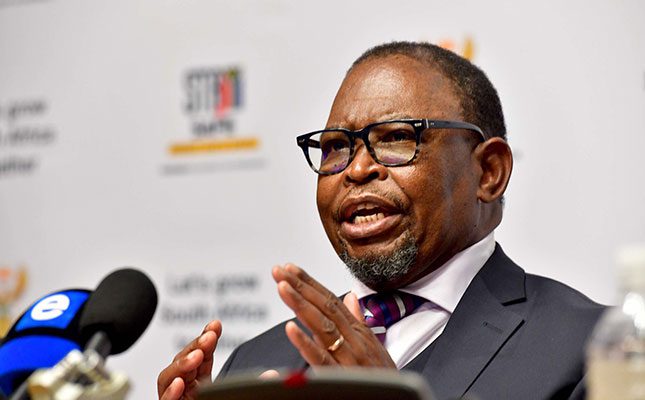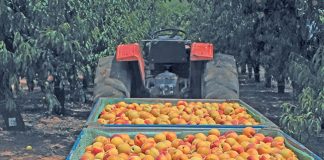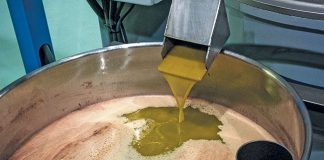
Photo: GCIS
Increases in taxes affecting the agriculture sector were moderate, with several rebates put in place.
Eskom was given substantial debt relief of R254 billion over the next three years. Kulani Siweya, Agri SA’s chief economist, welcomed the relief, but warned that Eskom now needed to demonstrate how it would use this opportunity to position itself for future sustainability and profitability.
READ Agri stakeholders welcome ‘balanced’ agri budget 2022
Theo Boshoff, CEO of Agbiz, lauded government for implementing a refund on the road accident fund levy for diesel used in the manufacturing process, such as for generators, from 1 April 2023 for two years to assist food producers amid rising input costs.
Homeowners and businesses intending to invest in rooftop solar panels and other renewable energy sources would also benefit from tax breaks.
Godongwana stated that individuals who installed rooftop solar panels from 1 March 2023 would be able to claim a rebate of 25% of the cost of the panels, up to a maximum of R15 000. This, however, only applied to solar panel installations, not inverters and batteries.
Treasury was also expanding existing incentives to encourage businesses to invest more in renewable energy sources. Businesses could claim up to R337 000 in tax rebates in the first year of investment.
Boshoff added that it was unclear which category farming businesses that operated as sole proprietors without separate entities would fall. “
READ Budgeting basics: Every successful farm has one
Once SARS [South African Revenue Service] publishes the details of the rebate scheme, farmers will need to consult with their tax practitioners to determine the most appropriate avenue to benefit.”
Siweya noted that the planned spending of more than R480 billion on critical infrastructure including transport and logistics, as well as water and sanitation also reflected Treasury’s understanding of the essential contribution of these vital projects to the national economy and the country’s food security.
Sin taxes received minimal increases with a 4,9% increase in the excise duties on alcohol and tobacco, and no increase on the sugar tax.
Godongwana said the trying circumstances in which sugar farmers found themselves led to the decision to delay the increase of the health promotion levy on beverages to R0,23/gr sugar until 1 April 2025.
Government had, however, not budged on the industry’s calls for the tax to be scrapped altogether.
#Budget2023 Godongwana: Due to the difficult operating environment for the sugar industry from the impact of flooding & social unrest, the health promotion levy will remain unchanged for the following two fiscal years. @sa_canegrowers
— Farmer’s Weekly (@FarmersWeeklySA) February 22, 2023
Andrew Russell, chairperson of the South African Cane Growers’ Association, said that implementing the increase now would have decimated the industry, costing the country much-needed jobs.
“With the industry facing more than R700 million in lost revenue due to load-shedding, a milling crisis, and the impact of the recent floods, this intervention was vital.”
Russel also hoped that this two-year reprieve would be used to foster further engagement about the effectiveness of the levy and the possibility of crafting alternative, less destructive and holistic health interventions.
“At the same time, growers will use this opportunity to revive the industry, and to position it for long-term profitability and sustainability.”
Government’s fiscal position has slightly improved, with the consolidated budget deficit expected to decline from 4,6% of GDP in 2021/22 to 4,2% 2022/23 and reach 3,2% of GDP in 2025/26. Domestic challenges, particularly the energy crisis, remained significant constraints to growth, with the South African economy expected to grow by less than 2% through 2025.
Siweya said that this was a critical moment for the agriculture sector, which was being battered by load-shedding.
“Only time will tell if government will meet the moment with the urgency it requires in the implementation of the interventions announced.”












